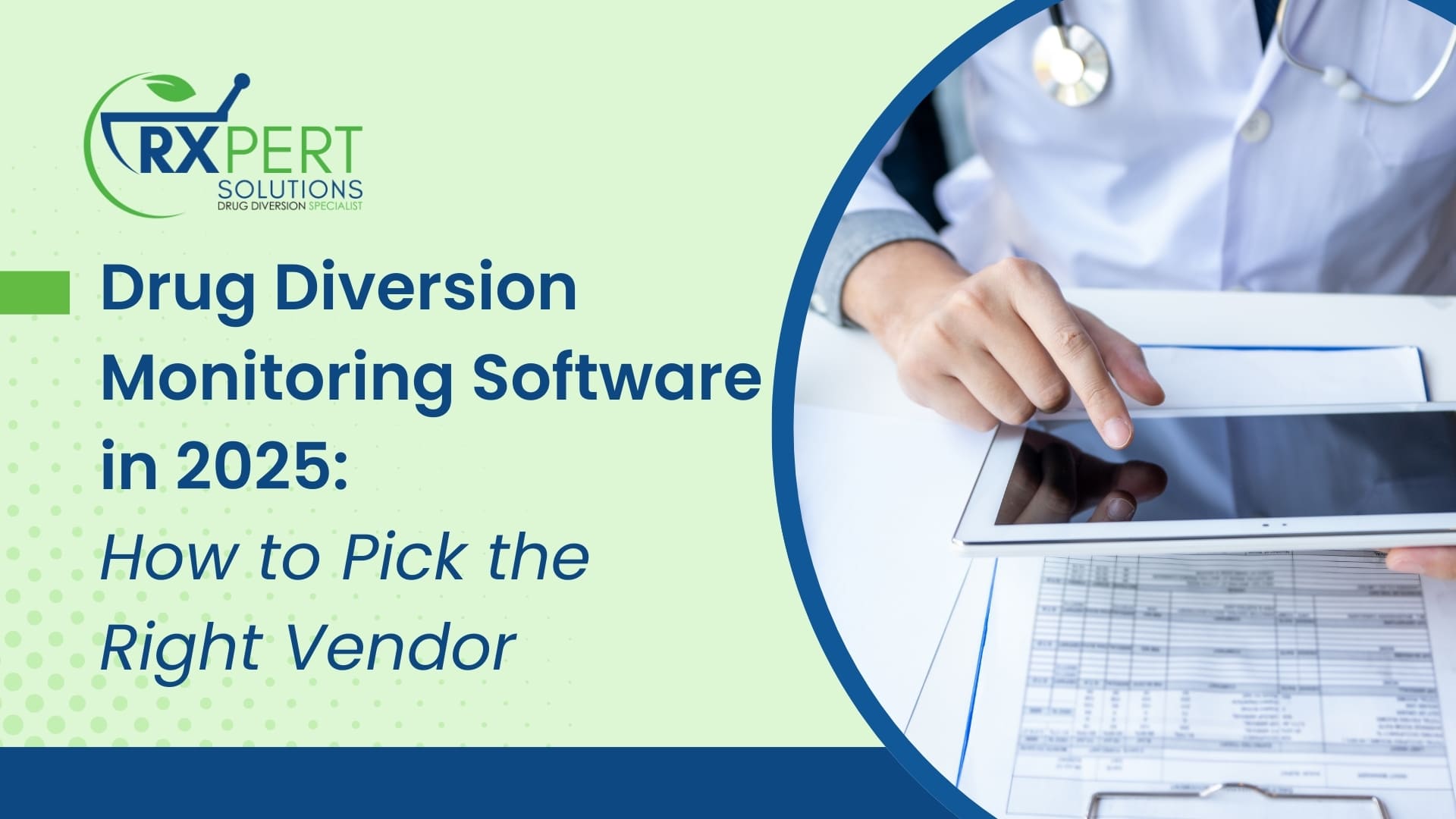Recently someone in the healthcare profession told me they were at a nail salon and a couple women had a stack of policies in their hand from a nearby hospital. They were going through the policies line by line, with a central theme to their comments – “She didn’t do that”. My med safety background had me wondering if there had been an error which was prompting co-workers to find a place to lay blame. Hopefully not, and we can also hope that whatever prompted this policy review did not result in patient harm. It did get me thinking, how many front-line healthcare workers actually read the policies?
Prior to working in a pharmacy management capacity, I did not understand how important policies actually are. Upon hire we are trained, and hopefully in the natural course we are trained to meet policy. The emphasis and adherence to the policy may vary with who is doing the training and what their understanding is of the policies. But I wonder how often the words “per policy” are actually mentioned. Pharmacists would be more likely to emphasize protocols during training because this is part of our everyday workflow.

Sitting in meetings I’ve often heard leadership refer to policies as the solution to all problems; “Let’s update the policies to address this” or “It’s already in policy so we’re good”. There was no talk of training staff to the policies or educating the staff on why it is imperative they follow policy. It was more, “identify what should be in policy, put it in and then we’re all good”.
CMS regulations specify the need for policies and they survey for adherence to those policies. Boards of Pharmacy do the same. There are two key points here. Facilities must first have solid policies that address the various topics. Second, staff must be able to speak to the policies and confirm they were followed in the event of an incident. Leadership takes ownership of confirming the policies are solid and address all the areas required per the regulations. Leadership must also take responsibility for educating the front-line staff of the importance of policies. They must be proactive in confirming staff have a complete knowledge of where to find the policies, what the policies state, and understanding that they will be held accountable to those policies during a routine survey or one prompted by an event.





